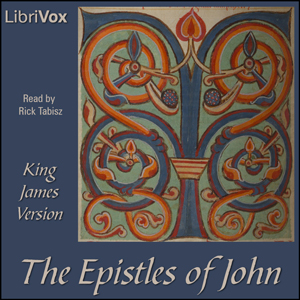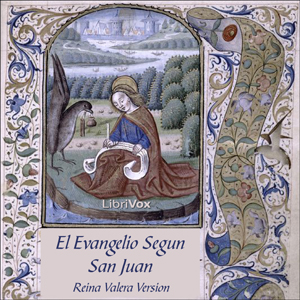- 01 - Ch. 1-2
- 02 - Ch. 3-4
- 03 - Ch. 5-6
- 04 - Ch. 7-8
- 05 - Ch. 9-11
- 06 - Ch. 12-13
- 07 - Ch. 14-15
- 08 - Ch. 16-17
- 09 - Ch. 18-19
- 10 - Ch. 20-21
- 11 - Ch. 22-24
- 12 - Ch. 25-26
- 13 - Ch. 27-28
- 14 - Ch. 29-31
- 15 - Ch. 32-33
- 16 - Ch. 34-35
- 17 - Ch. 36-37
- 18 - Ch. 38-40
Exodus (Greek ἔξοδος exodos "departure, expedition, procession") is the second book of the Hebrew Bible, and the second of five books of the Torah (the Pentateuch).
The book narrates the Exodus of the children of Israel out of Egypt: Moses leads them through the wilderness to Mount Sinai. There the God of Israel, through Moses, gives the Hebrews their laws and enters into a covenant with them, by which he will give them the land of Canaan (the "Promised Land") in return for their faithfulness. The book ends with the construction of the Tabernacle.
In Hebrew the book is called Šemot שמות "names", from the incipit, in line with the other four books of the Torah. The Greek name originates with the Septuagint translation of the 3rd century BCE, and has continued to be used in all subsequent Latin and English translations of the book. (Summary by Wikipedia)
The book narrates the Exodus of the children of Israel out of Egypt: Moses leads them through the wilderness to Mount Sinai. There the God of Israel, through Moses, gives the Hebrews their laws and enters into a covenant with them, by which he will give them the land of Canaan (the "Promised Land") in return for their faithfulness. The book ends with the construction of the Tabernacle.
In Hebrew the book is called Šemot שמות "names", from the incipit, in line with the other four books of the Torah. The Greek name originates with the Septuagint translation of the 3rd century BCE, and has continued to be used in all subsequent Latin and English translations of the book. (Summary by Wikipedia)
There are no reviews for this eBook.
There are no comments for this eBook.
You must log in to post a comment.
Log in











